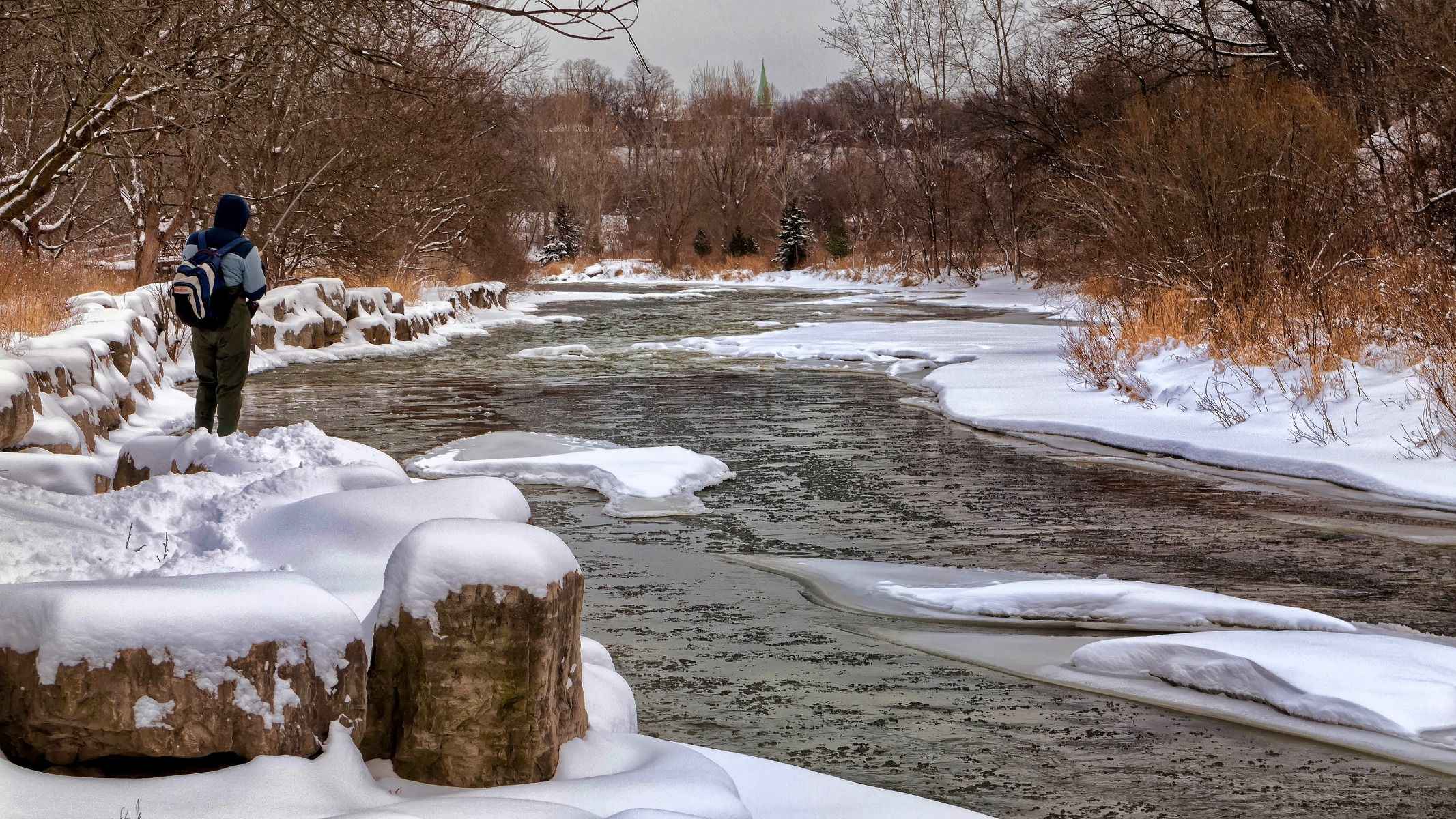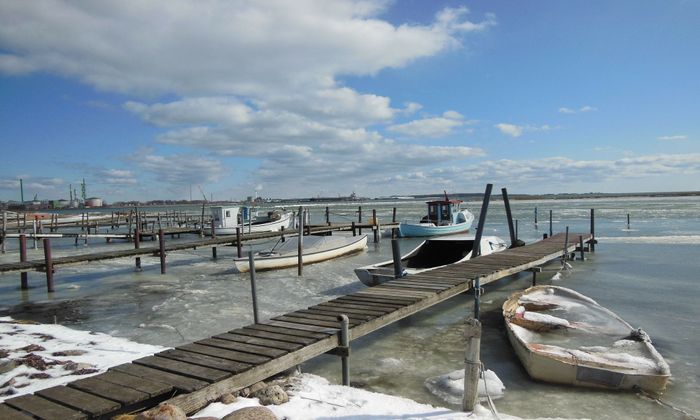Top Tips for Winter Fishing
Tips and things every angler should know before they venture out fishing in winter.

There’s no reason you shouldn’t continue your angling adventures when the winter season comes. Winter fishing has many advantages including having less competition and it’s when freshwater species tend to gather together and feed. You can have a memorable and productive fishing trip in the cooler months as long as you do your prep, research and acquire the proper gear and tackle. Before discussing the top tips you should know before you venture into angling during the winter, it’s important to consider these things first:
1. Winter Fishing Safety
This is obviously a vital thing to address when you want to do some winter fishing. Dress warm and layer up so you can avoid experiencing hypothermia. It is important to make sure you stay dry as well. Avoid cotton and opt for clothes that are made of synthetic fabric or wool. Don’t forget to ensure you have means of communication just in case. You can also wear a life jacket or a heavy winter jacket that has a floatation feature in case you fall into almost freezing water.
Keeping updated on the weather and water conditions is important as well. This helps you pick what days you will be fishing. Additionally, make sure you have a float plan by notifying someone where, when, and how long you will be out fishing. Otherwise, avoid fishing alone during the winter.

2. Fishing Gear for Winter

The rods and reels you’ve been using in other seasons will do fine when you are fishing during the winter unless you’re going ice fishing. Sometimes, you may need to downsize because cold water becomes clearer, therefore, it holds suspended solids less, and a big lure and line you might have may spook fish. It’s also great to invest in some winter fishing gloves that you can tie knots and bait hooks with.
3. Preparing Your Boat for Winter Fishing
This is important to think about because you don’t want to have any problems with damage because of parts freezing. Check the plumbing of your boat as it should be left unused when you’re out fishing during the cold season. Your livewells and washdowns should always be re-drained after every trip. Stabilizing the fuel system as well as performing oil and lower unit lube changes still need to be done regularly as well. If you have a sterndrive or inboard power plant, you’ll need to re-winterize the engine immediately after using it but it won’t be a problem if you have an outboard system because they drain off cooling water. If you’re using your boat regularly, you don’t need to run fogging fluid through as much but don’t let it go without it for a month. Finally, you want to cover your boat when it’s not in use. Using a canvas cover is good but if you have a garage or enclosure you can put it in, that would work great as well.
Winter Fishing Tips
1. Pick the Perfect Location
No matter what species you’re targeting, do some research to know where you’ll head to. Great sources of information can be accessed through the Department of Natural Resources or Wildlife and Fisheries websites or other local websites. Otherwise, a simple and quick search online can provide you with a vast amount of knowledge about a place you’re planning to go to. It’s advisable to avoid areas where there’s a high current as it’s not good for angling and can be dangerous. Find warm spots as fish will always be drawn to those areas. Weed beds and where there’s vegetation are also great spots to find fish.
2. Pick the Right Day and Time
It is also very important to take the weather conditions into consideration. You can narrow down which days will be productive and ideal for your comfort when you check the forecast. Though take note that the best conditions for fishing won’t necessarily be comfortable for anglers. A cold front can severely impact fish activity as they are more likely to be active before one than after it passes as they feed during that time. To identify a cold front coming, check if there’s low barometric pressure as after it passes it will be high. The best time to catch fish during the winter is from 10 in the morning to 4 in the afternoon.
3. Gather the Right Gear
Fishing during the winter can be hard on your gear, so it’s important to ensure your equipment is up to the task. Make sure your reels are tuned up because if they’re noisy and stiff because of old grease or oil, they won’t work well in the cold season. Do some maintenance work on your reel or you can have repair shops help you do it. For your lines, use a line conditioner to keep them straight and backlash and tangle-free. You can also use the conditioner on your rods so water is less likely to freeze in them.
4. Bring the Best Bait
It can be hard to choose what lures to use during the winter, but once you know the basics you’ll have an easier time picking what will work best. Because live food sources move slowly when the water is frigid, using live bait like minnows, shiners and live worms are your best bet. If you want to use artificial baits, don’t work them too quickly because it won’t look natural to the fish and choose something that has hair or feathers as they provide more action. Cold-blooded forage and predators have slower metabolisms in the winter, so present and retrieve your bait and lures slowly. Another tip is not to use big lures when you’re going for artificial ones so you can entice a variety of fish. Something that’s two to three inches will be enough. Additionally, if you’re using soft plastic lures, consider using attractants. Shad, sunfish, crawfish, perch or herring are great choices for lures as they’re the primary forage during the cold season. Choose colors that imitate what fish forage during the winter like white, silver, chrome, gold and colored transparent.

Now that you know what to take into consideration before you go out for some winter fishing, don’t forget to bundle up and grab the necessary gear. Remember that safety comes first, second and third, and then, make sure to have fun.




